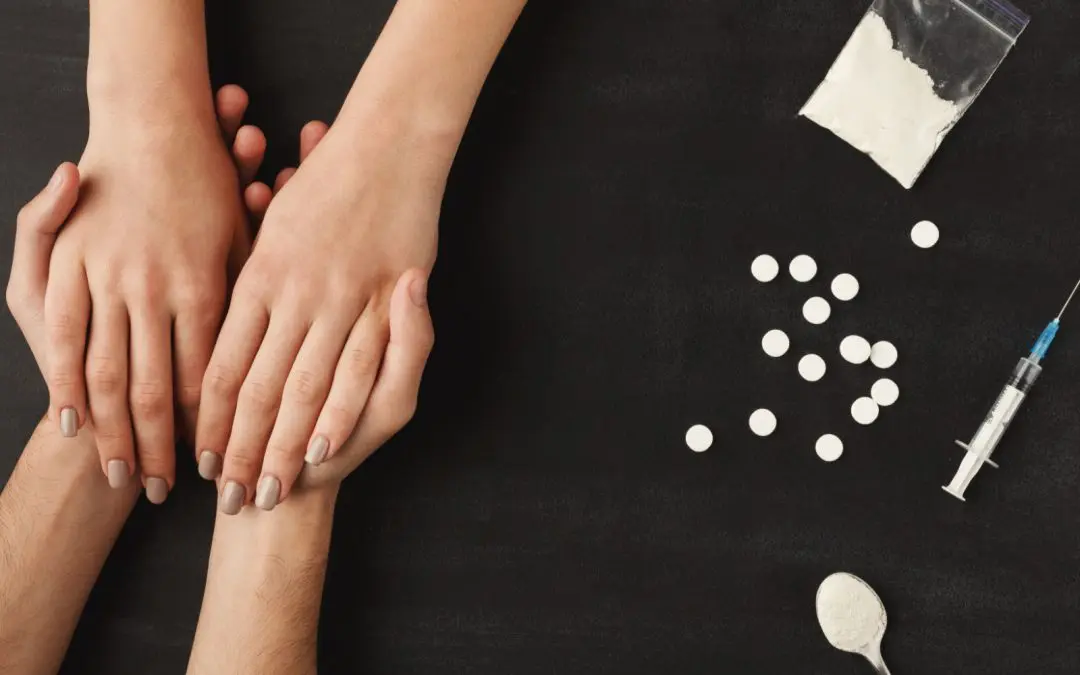24/7 Helpline:
(866) 899-221924/7 Helpline:
(866) 899-2219
Learn more about Medication-assisted Treatment centers in Lincoln County
Medication-assisted Treatment in Other Counties

Other Insurance Options

Lucent

BHS | Behavioral Health Systems

Premera

Anthem

Self-pay options

Ceridian

Optima

Optum

Health Partners

Multiplan

Providence

AllWell

Magellan

American Behavioral

UMR

Aetna

Meritain

Coventry Health Care

Highmark

Oxford

Centennial Mental Health Center
Centennial Mental Health Center is a private rehab located in Limon, Colorado. Centennial Mental Hea...























Kiamichi Council on Alcohol and Drug Abuse
Kiamichi Council on Alcohol and Drug Abuse is located in Hugo, Oklahoma. Kiamichi Council on Alcohol...

















































